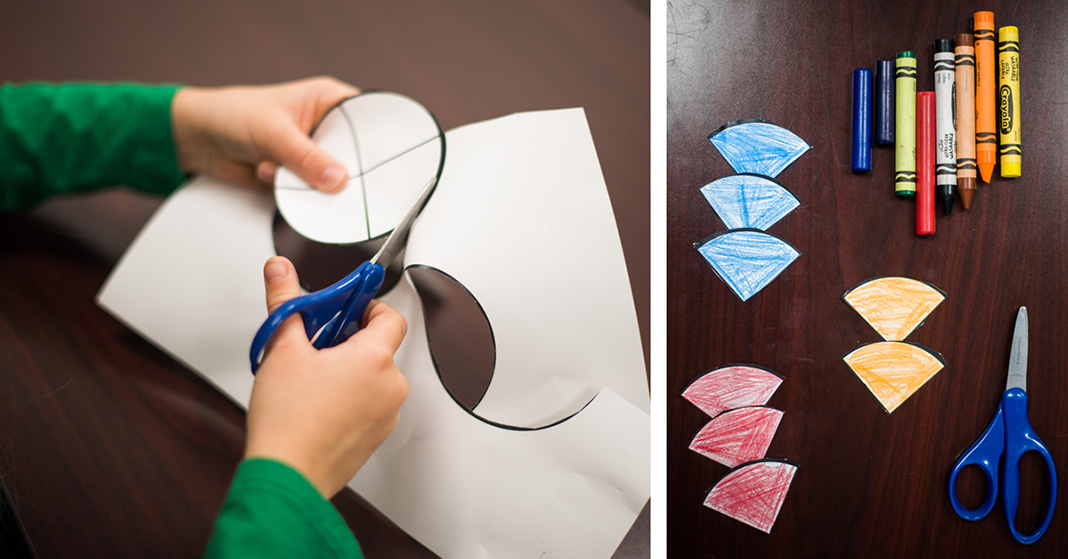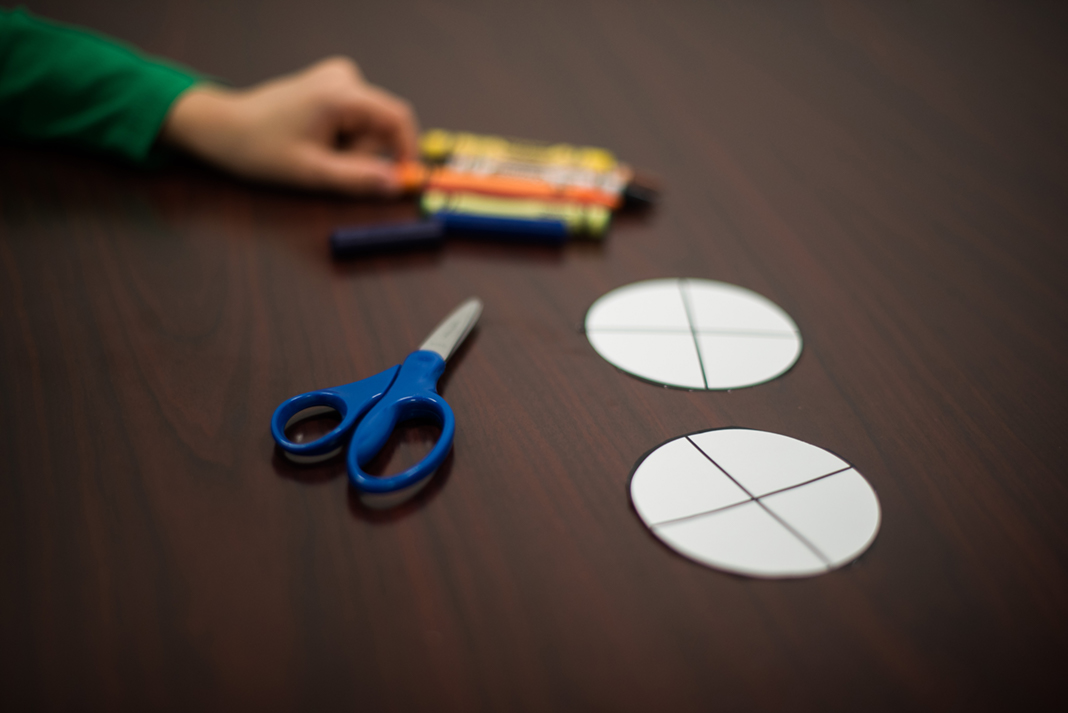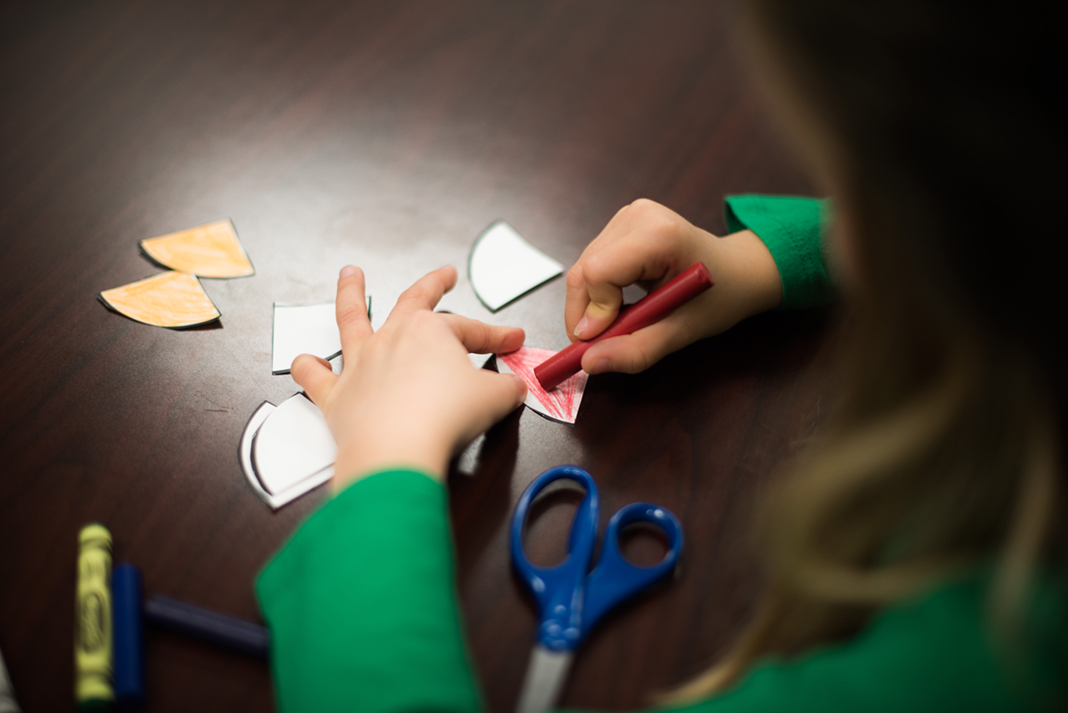
Sometimes homeschooling is not fun.
Like when you’ve been up most of the night with a sick baby. Or when you have serious cabin fever after being stuck inside for days. Or when your to-do list is overwhelming you—again.
In the craziness of trying to manage a busy household, sometimes it is tempting to look for an easier way. A different schooling option. A curriculum that requires less work from me.
I’ve had moments when I’ve wanted to completely abandon this homeschooling adventure, and if you’ve homeschooled for any length of time, you’ve probably have had those moments too.
But then there are moments that remind me why I started on this homeschooling journey in the first place. For example, before Christmas, my third grader and I were reading an article in Reading 3 about astronauts and what they thought about God. After reading Gherman Titov’s remarks about how he hadn’t seen anyone out there in space so he couldn’t believe in God, my daughter stopped reading and said, “Well, of course, he couldn’t see God! God is a Spirit.”
And that wasn’t the only clue that she was beginning to see the world through a biblical worldview. One day, when we were on our way to our weekly piano lesson, she told me, “Even though I’m not very good at piano yet, maybe someday I’ll be able to play well enough to play hymns so other people can sing along to worship God.”
It’s sometimes tempting to think of homeschooling as a burden. But it’s not. Homeschooling is an investment. It’s an investment that costs me significant time and resources. But it’s worth it. My daughter is worth it. She’s getting more than just a quality education. She’s learning how to view the world around her through scriptural eyes. That’s the most important thing I could ever teach her.
Weary mom, take heart. You will never regret the investment that you make in your child. The days may be long now, but you, your children, and even your grandchildren will reap the benefits of your investment for years to come.


 Instructions
Instructions

 Why Hands-On Works
Why Hands-On Works

 “My son can already write his name!” says a proud mother. “My daughter is not quite four, and she has just learned to read!” says another. One mom shrinks back into her seat, wondering if she’s doing something wrong. Should her son or daughter be reading at age three or four? Should her two-year-old be learning to form the shapes of letters?
“My son can already write his name!” says a proud mother. “My daughter is not quite four, and she has just learned to read!” says another. One mom shrinks back into her seat, wondering if she’s doing something wrong. Should her son or daughter be reading at age three or four? Should her two-year-old be learning to form the shapes of letters?